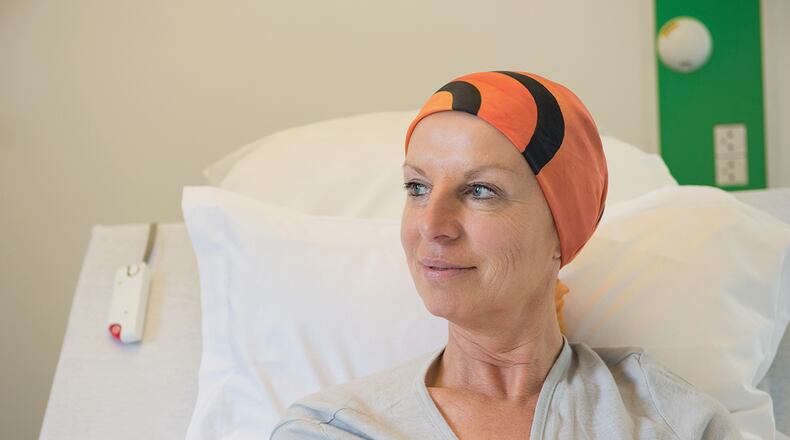It is important not to mistake hormone therapy for breast cancer with menopausal hormone therapy, which is sometimes called hormone replacement therapy, advises the National Cancer Institute. With menopause treatments, progesterone and estrogen may be used to relieve symptoms of menopause. Cancer hormone treatment does the opposite. The therapy blocks the growth of ER or PR positive breast cancer cells. Typically, drugs are used to stop estrogen and progesterone from helping breast cancer cells grow; otherwise, drugs or surgery will be used to keep the ovaries from making these hormones. Radiation therapy aimed at the ovaries also may help stop hormone production.
Various drugs may be used during the course of hormone therapy. These include aromatase inhibitors that block estrogen production. Other drugs called selective estrogen receptor modulators bind to estrogen receptors to prevent estrogen from attaching to cancer cells.
The NCI notes that research has shown that adjuvant hormone therapy after surgery for ER-positive breast cancer causes reduced risks of breast cancer recurrence, including new breast cancer in the other breast, for at least five years. Sometimes hormone therapy can be used to prevent breast cancer in women who are at increased risk of developing the disease.
The Mayo Clinic says that an oncologist will determine the type of hormone therapy that will be right for a particular type of receptor positive breast cancer. There are some side effects of hormone therapy that depend on the type of treatment. Hot flashes, night sweats, vaginal dryness, mood swings, loss of libido, and risk of blood clots may be possible. Doctors can weigh the risk between the benefits and side effects of hormone therapy.
In addition to chemotherapy, radiation and surgery, hormone therapy may help some patients overcome a breast cancer diagnosis.
About the Author
